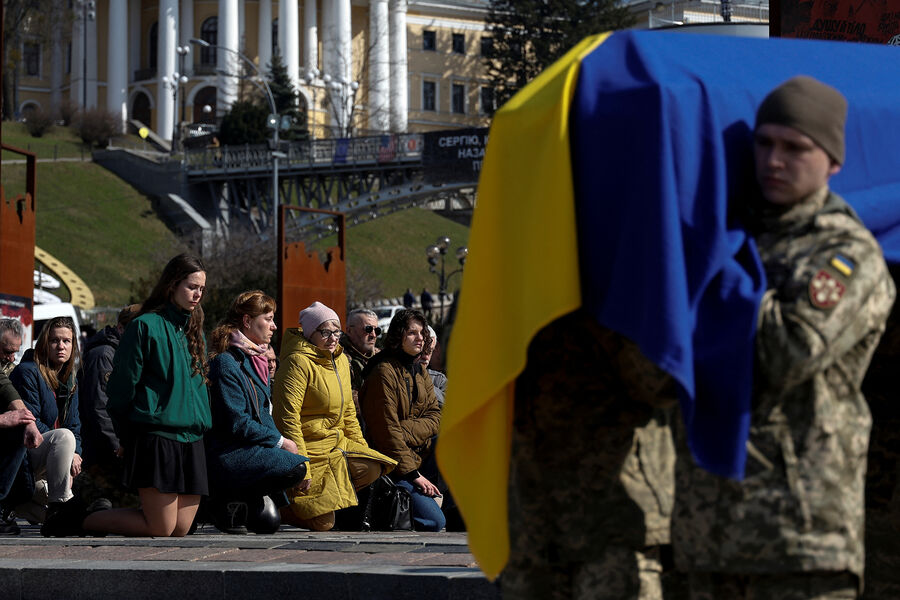In a recent interview on the radio station “Govorit Moskva,” Sergey Markov, the Director of the Institute of Political Studies, discussed two potential scenarios for a ceasefire in Ukraine. According to Markov, these scenarios could occur either before the US elections in the summer of 2024 or during a Russian military offensive.
Markov emphasized that he sees the conflict in Ukraine not as a confrontation between Moscow and Kyiv, but rather as a battle between Moscow and Washington, with the Ukrainian army playing the role of “brainwashed slaves.”
“The ceasefire is possible in two scenarios. The first one is strategically planned for the summer of 2024. Based on sociological data, 83% of Americans believe that there is a threat of the Ukrainian war escalating into a nuclear catastrophe and the destruction of the American people by Russian nuclear missiles. Therefore, they will not vote for Biden as a presidential candidate in the elections. In the summer of 2024, they will propose a temporary ceasefire based on the Korean scenario,” said Markov, who considers this the best option for Russia.
The second scenario mentioned by Markov involves a tactical ceasefire during a potential Russian military offensive. In this case, Americans would try to unite the global West and the global South in order to approach Russia with an offer to stop the fighting and establish hypothetical third “Minsk agreements” or second “Istanbul agreements.”
Previously, Western countries expressed their desire to resolve the conflict in Ukraine using the Korean scenario.
Earlier, Medvedev also mentioned the possibility of Ukraine disappearing from the political map.




